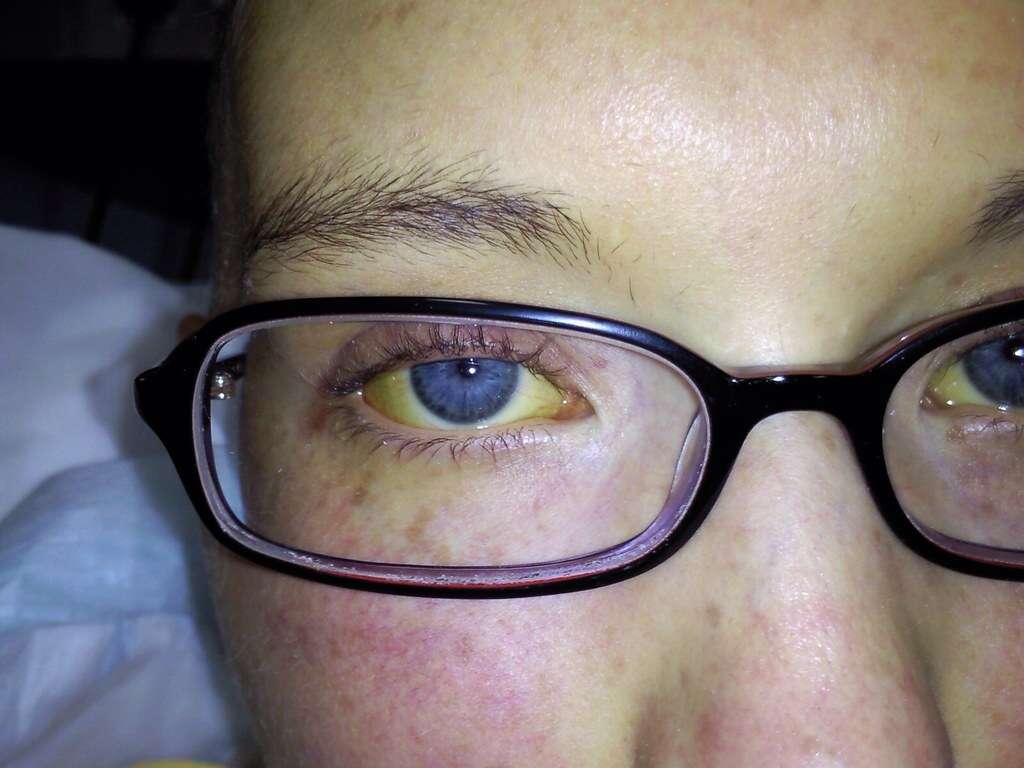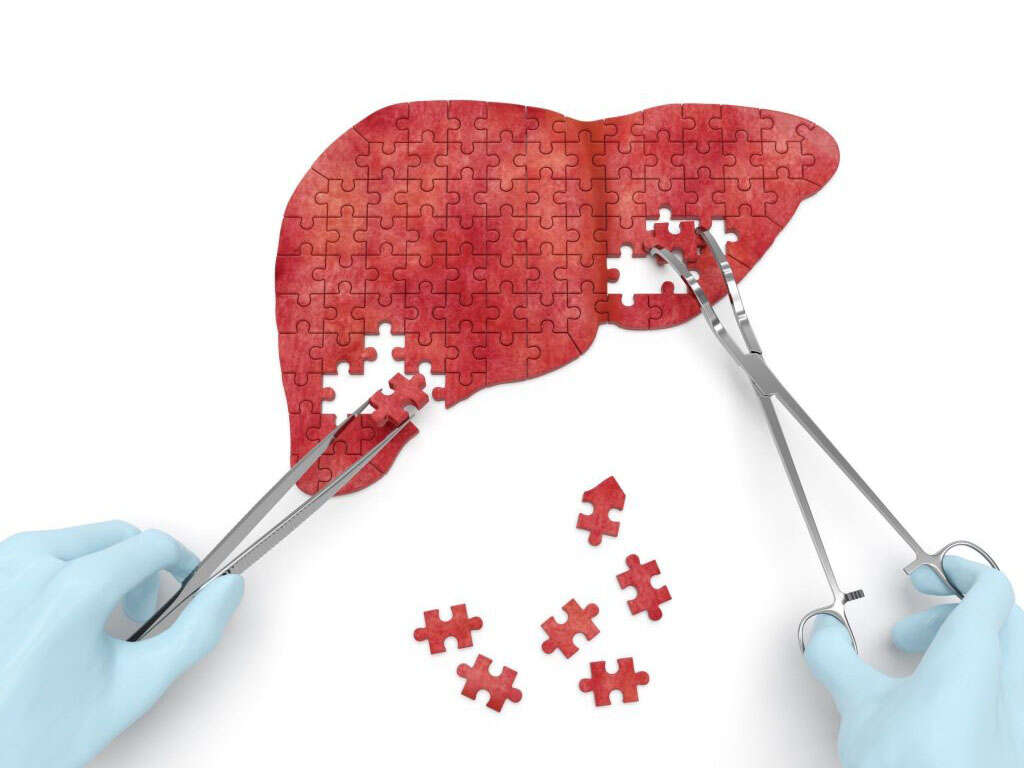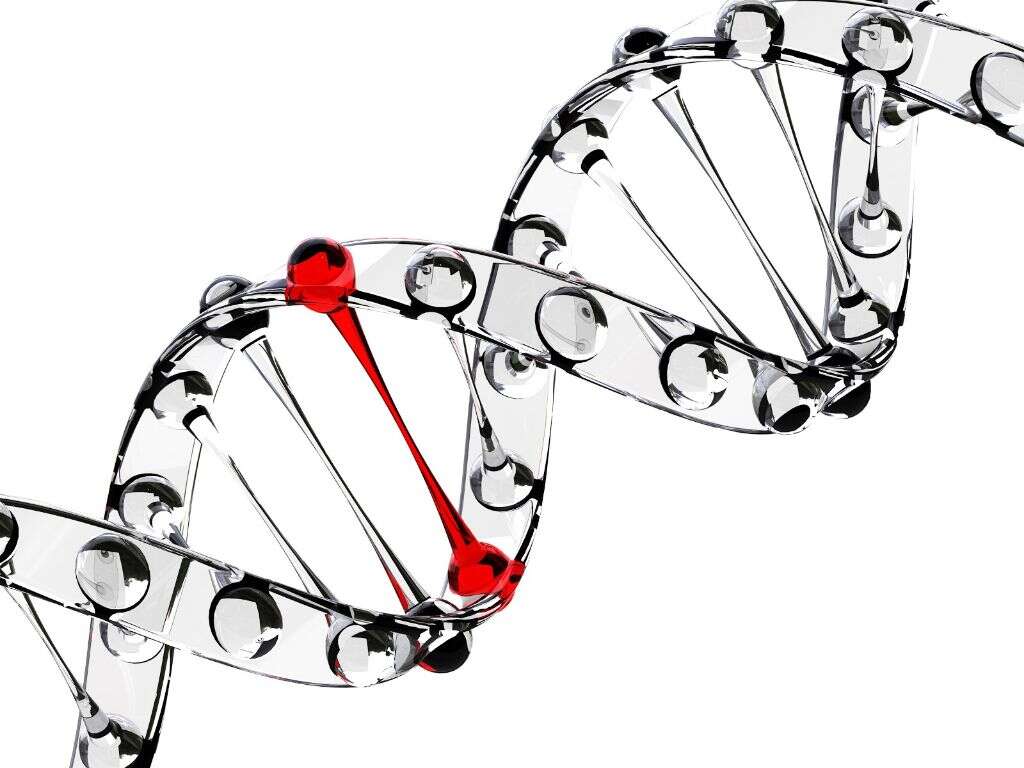10 Causes of High Bilirubin Levels
When individual red blood cells come to the end of their lives, they are broken down by the liver. A by-product of this process is bilirubin, which is yellow in color. This substance is usually also broken down by the liver, but sometimes it is able to accumulate in the bloodstream. This will often lead to us appearing yellow ourselves, which is known as jaundice.
There are actually various reasons why bilirubin levels might rise in the bloodstream. Some are temporary and quite harmless, while others can be very serious indeed. If it is revealed that you have more bilirubin in your blood than you should have, make sure to get it checked out to find out why.
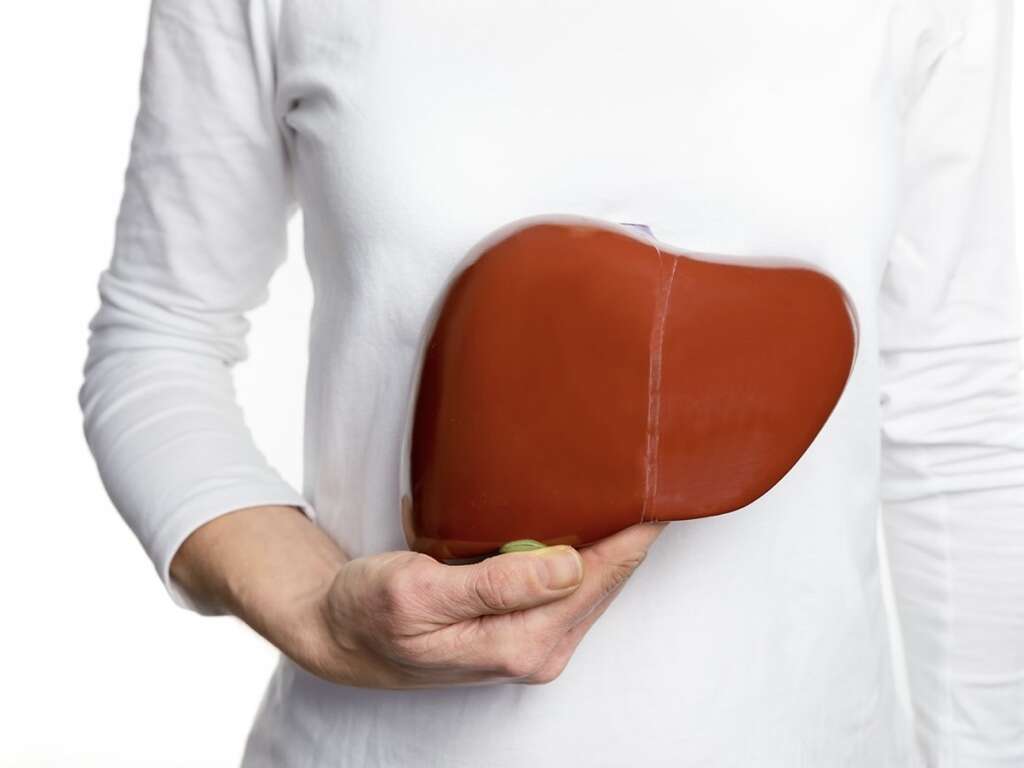
Cause #1: Gallstones
The gallbladder is an organ that is located just beneath the liver. It is shaped like a pear and is responsible for storing bile, which helps us to break down the fats that we eat. The gallbladder will release bile into the small intestines when it is needed.
Sometimes, some of the fluids in the gallbladder can harden, causing small stones known as gallstones. These will need to be passed out through the digestive system. They can be extremely painful to pass and can result in a range of other symptoms. One of the symptoms associated with gallstones is high levels of bilirubin.
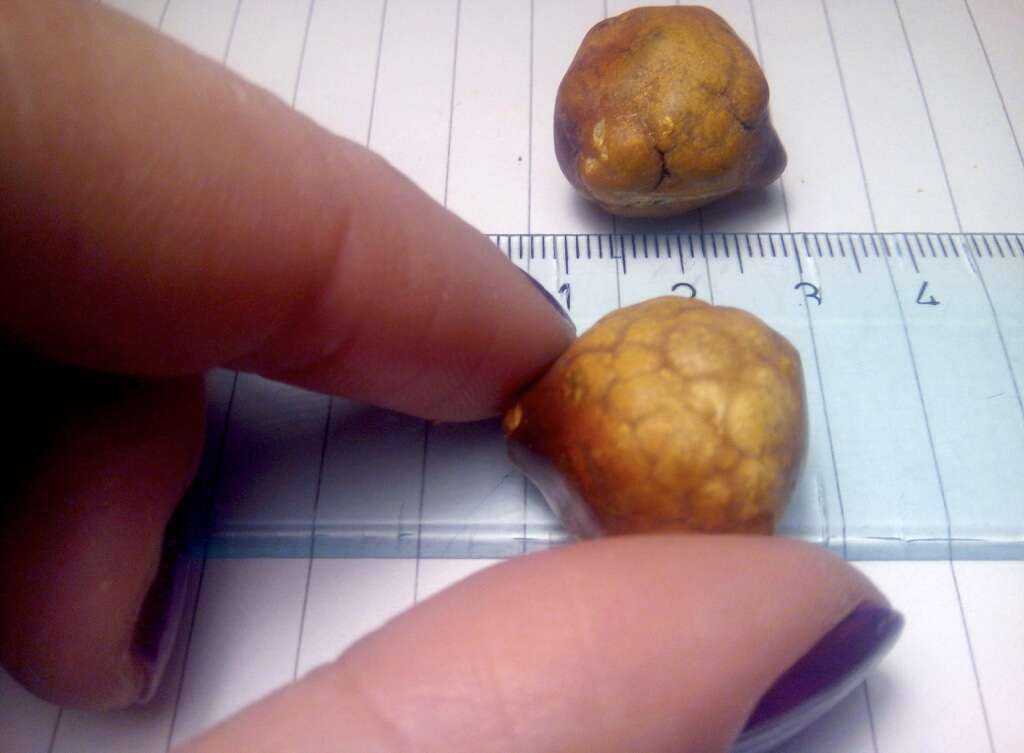
Cause #2: Cirrhosis
One of the liver’s numerous functions is to break down spent blood cells. This process produces bilirubin, which is itself broken down by the liver. However, if the liver is not functioning as it should then it can have difficulty in breaking down the compound.
High levels of bilirubin are quite a typical symptom of this liver disease. Indeed, jaundice, which is a symptom of high levels of bilirubin, is closely associated with cirrhosis. Cirrhosis is potentially very serious, so anyone with such a condition should arrange to speak with a medical professional as soon as possible if they have not done so already.

Cause #3: Gilbert’s Syndrome
As mentioned above, it is usually up to the liver to break down bilirubin. This is usually not a problem for us but some people have livers that are unable to do this, even though they might be otherwise healthy. Gilbert’s syndrome is a genetic disorder that prevents the liver from breaking down bilirubin as it normally would.
This, in turn, means that there is more bilirubin flowing through the blood than there usually is. This will lead to jaundice, as well as a range of other symptoms. Gilbert’s syndrome does not always cause symptoms, and many people with the condition will be unaware they have it at all.

Cause #4: Autoimmune Disorders
Our health and well-being is protected every single day by our immune system. This system helps detect and defeat any unwanted intruder that might make its way into our body. Without it, we would be at the mercy of the countless pathogens around us and it would be unlikely that we would survive for long.
This system is not perfect, though, and some people might find that it attacks their own bodies. This can occur throughout the body, including the liver, and it can be a dangerous condition. Autoimmune diseases that attack the liver can result in higher than usual levels of bilirubin.
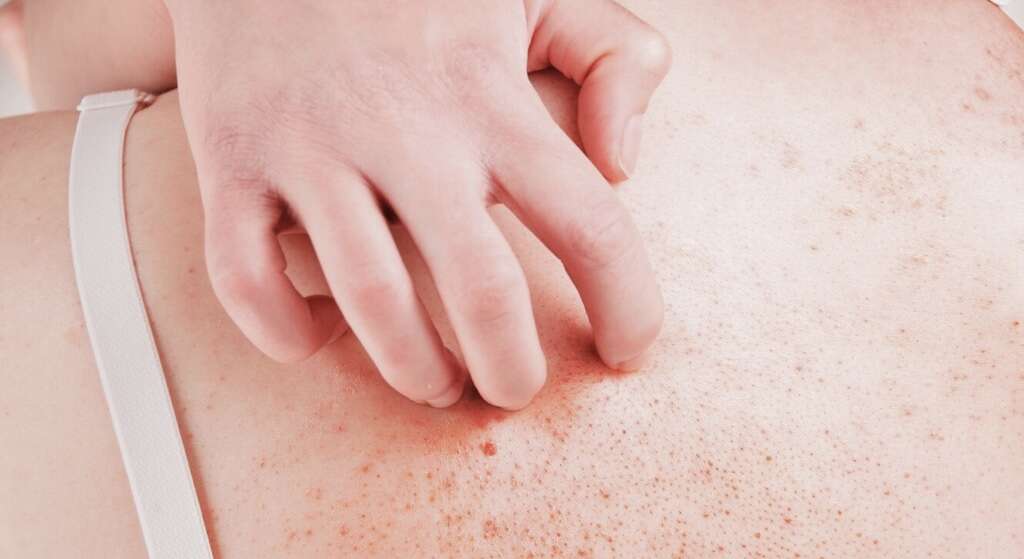
Cause #5: Hepatitis
Hepatitis is an inflammation of the liver. It can be a result of various causes, although viral infections are among the most common. It can be placed under two main categories: acute and chronic. Acute hepatitis tends to be cured after a while, but chronic hepatitis may be with you for the rest of your life.
An inflamed liver is not able to function as well as a healthy liver. This will affect its ability to process bilirubin, leading to an excess of the compound in your blood. Hepatitis can cause devastating damage to the liver so it is a condition that should be taken very seriously.
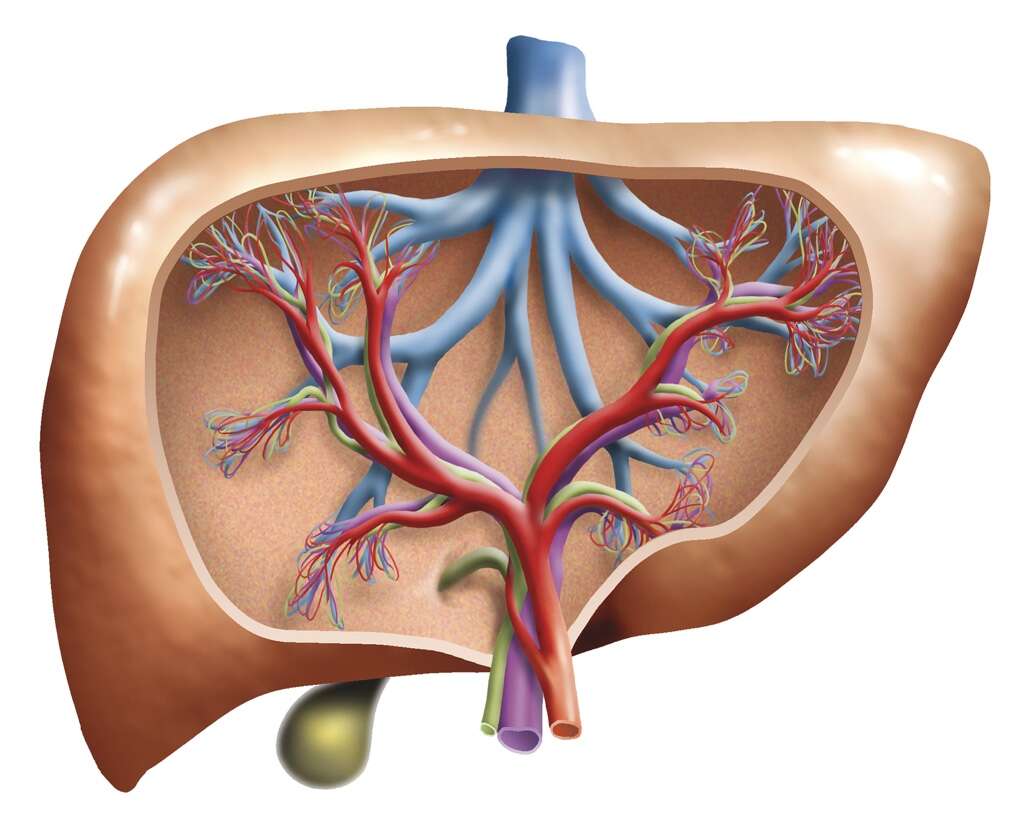
Cause #6: Cancer
Even in the 21st century, we are still struggling in the war against cancer. We are making progress and some types of cancer are treatable, but others are not. No part of the body is immune from the disease, and developing cancer of the liver is a very real possibility.
Liver cancer is very difficult to treat and survival rates are relatively low, especially among people whose cancer is already at an advanced stage. As with other types of cancer, an early diagnosis will increase your chances of recovery so it is best to get yourself checked regularly to be safe.
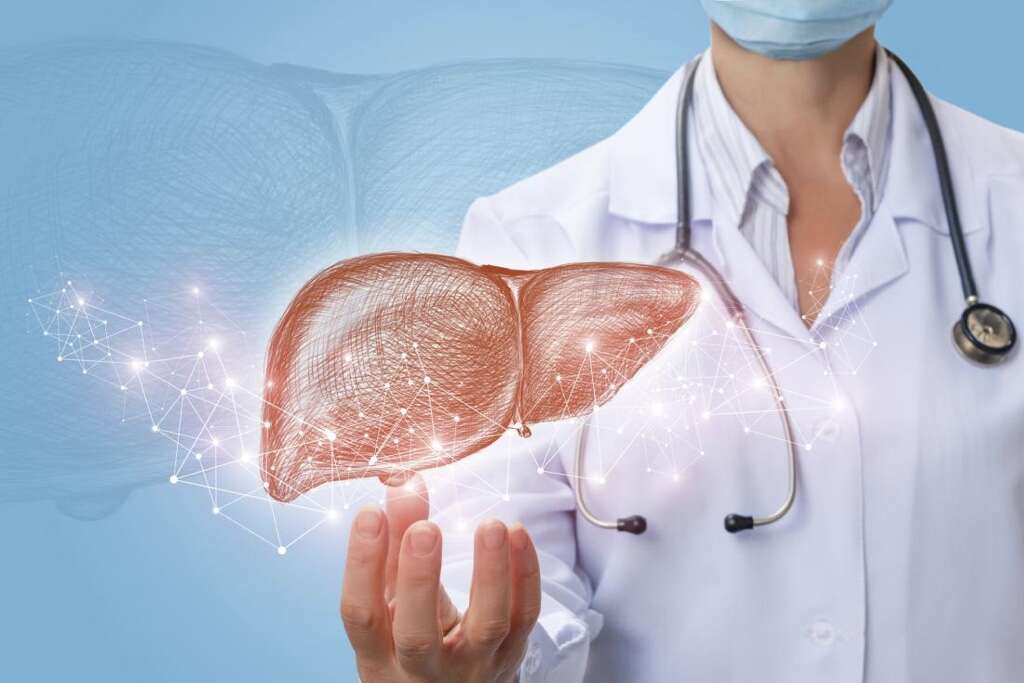
Cause #7: Intrahepatic Cholestasis
Pregnancy is usually a very special and exciting time for all involved. As the day approaches before welcoming a new addition to the family, the mother will usually be taken care of as much as possible to help ensure she and the baby are healthy and well.
The mother and the baby are still prone to developing illnesses, though. Some of which are more or less serious than others. Intrahepatic cholestasis is a condition that causes the liver to stop or slow down in draining bile. This makes it harder for the liver to process bilirubin which, in turn, causes levels of the compound to rise.

Cause #8: Hemolytic Anemia
Our red blood cells have the essential role of transporting oxygen throughout the body. They have a lifespan of their own and are processed by the liver once their lives are over. They are then replaced by fresh, new red blood cells, ensuring that the blood is able to continue supplying the oxygen the body needs.
Hemolytic anemia is a condition that causes the blood cells to be removed and processed before their lifecycle is over. This affects the blood’s ability to carry out its role. There are numerous types of this condition, some of which are more dangerous than others. One symptom of the condition is higher than usual levels of bilirubin in the body.
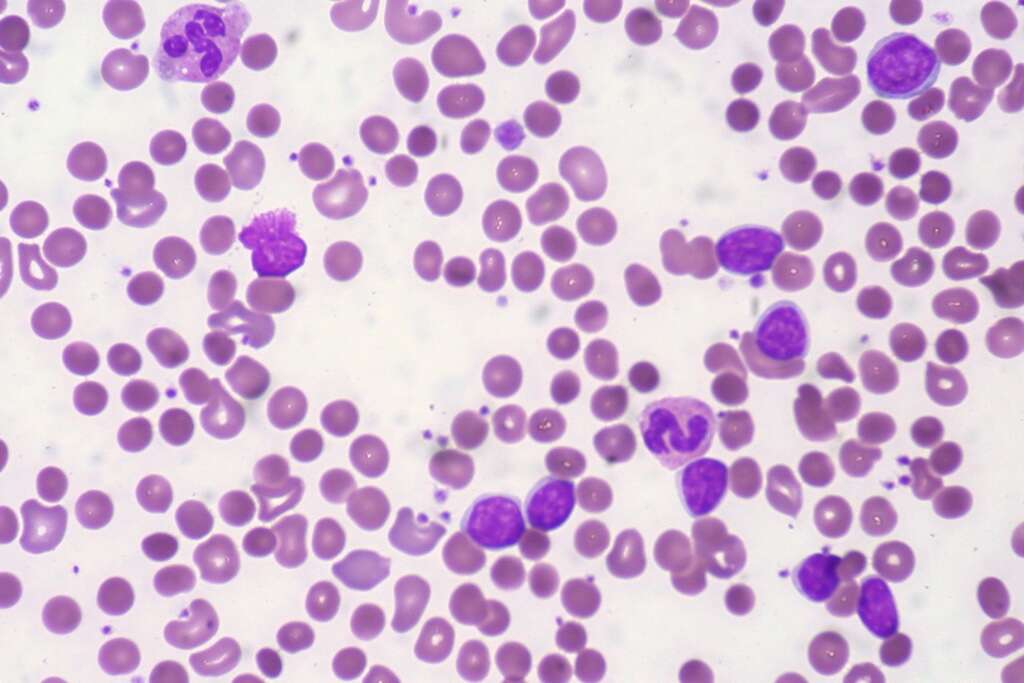
Cause #9: Inflamed Bile Duct
Bile is a substance that helps us to break down the fats that we eat. The bile duct helps to move this bile to where it is needed, helping to make sure the digestive system is working effectively. If this duct becomes inflamed then the system can begin to suffer as a result. There are various reasons why the bile duct might become inflamed.
An inflamed bile duct can prevent the flow of bile in the digestive system. Bile contains bilirubin so if the flow of bile is impeded, it can cause levels of bilirubin in the body to rise. An inflamed bile duct is something that you should look to get treated as soon as you can.

Cause #10: Kidney Stones
Fluids usually pass through the kidneys freely, allowing the kidneys to filter toxins from the liquids in your body. Sometimes, though, small deposits of minerals can begin to accumulate in the kidneys, resulting in small stones. These are commonly known as kidney stones.
Kidney stones are usually identified with the pain that they cause when they are being passed out of the system, although this is not the only symptom they cause. They can also cause damage to the kidney’s filters, allowing bilirubin to escape into the bloodstream. This means that jaundice is another symptom associated with kidney stones.






